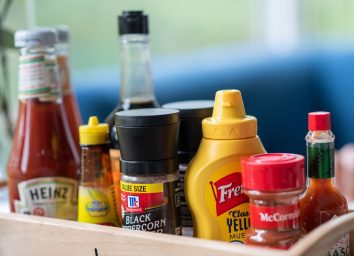The Worst Condiments You Should Always Leave on Store Shelves
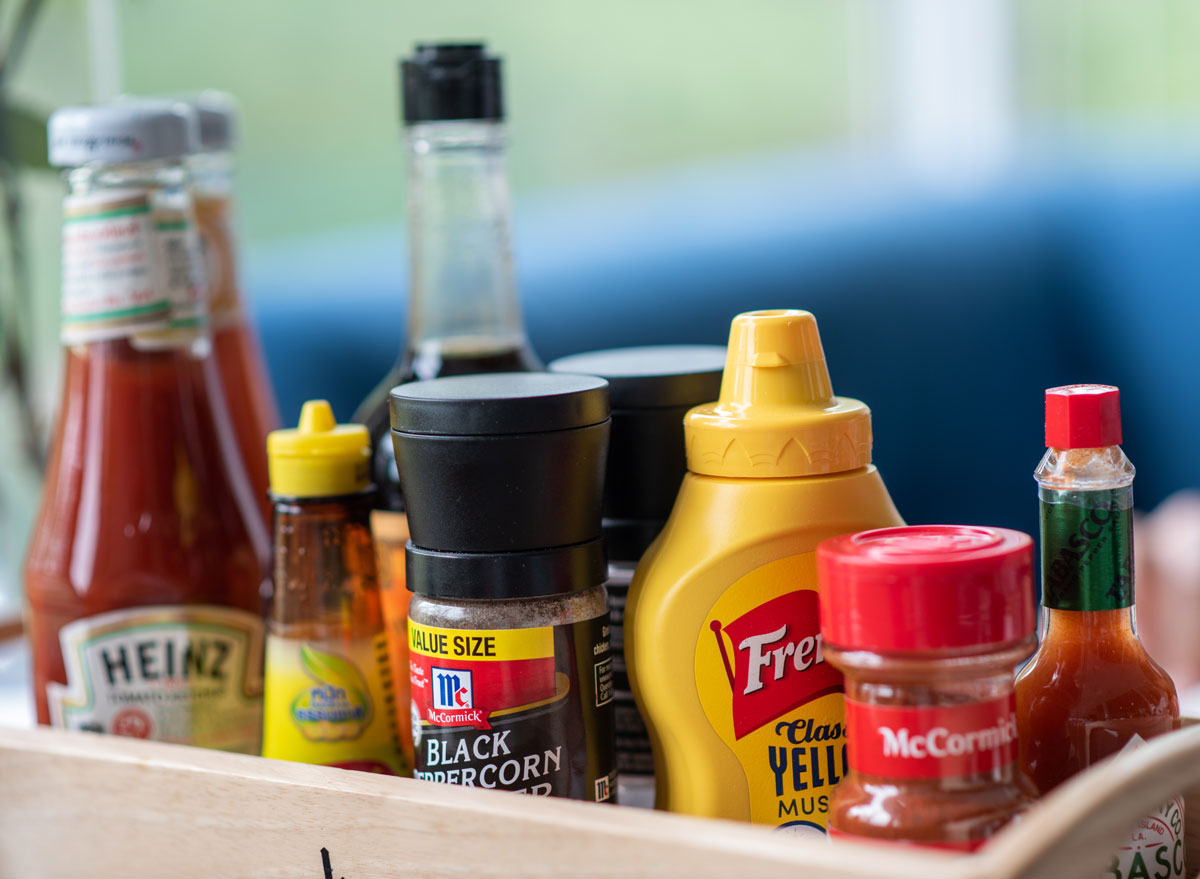
Let's be honest: French fries are nothing without ketchup. And what's popcorn without melted butter? Condiments make our food taste good. But oftentimes, they're not so good for us.
"All foods can be part of a healthy diet, and condiments can be a great way to get a picky child (or adult!) to consume more fruits, vegetables, and protein-packed sandwiches," says Sylvia Klinger, DBA, MS, RDN, LDN, CPT, a registered dietitian, and Hispanic Food Communications and Scientific Advisory Board member at the Grain Foods Foundation. "That said, it's important to keep an eye on nutrition labels and be careful not to get too many calories from high-fat or high-sugar condiments. With that in mind, I always suggest focusing on what's between the bread, in the tortilla, or on the burger, letting condiments play a role but making vegetables and lean proteins be the star of the show."
Next time you need to re-up any of your household staples, be aware of the sneaky ingredients in these condiments (and the healthier alternatives you might want to try instead).
And for more, don't miss these Eating Habits to Lose Abdominal Fat As You Age, Say Dietitians.
Ketchup
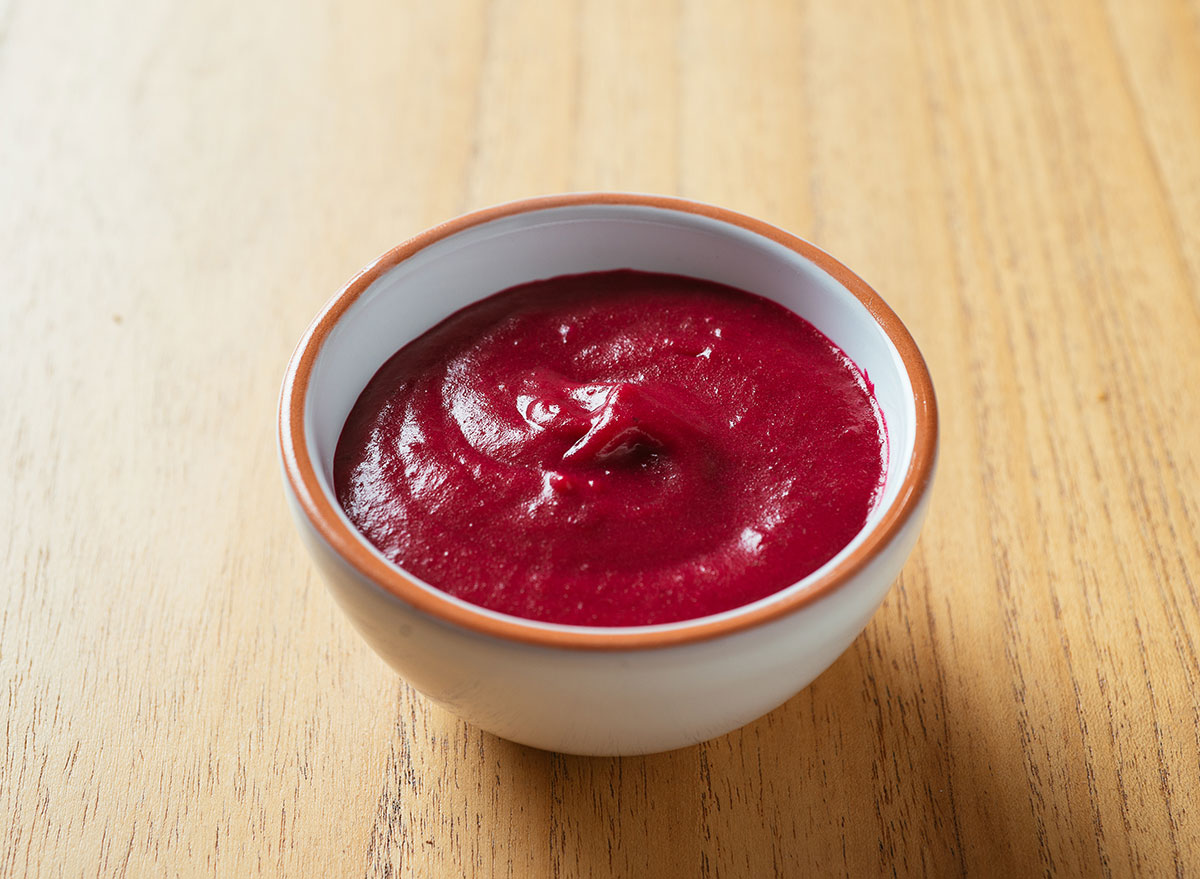
"Yes, it comes from tomatoes. But it's not exactly a vegetable," explains Lisa Young, Ph.D., RDN and author of Finally Full, Finally Slim. Of course, many of us are aware that ketchup is high in salt. But did you know it's also a source of sugar? "One tablespoon of ketchup contains around one teaspoon of sugar," says Young. No, thank you!
Barbecue Sauce
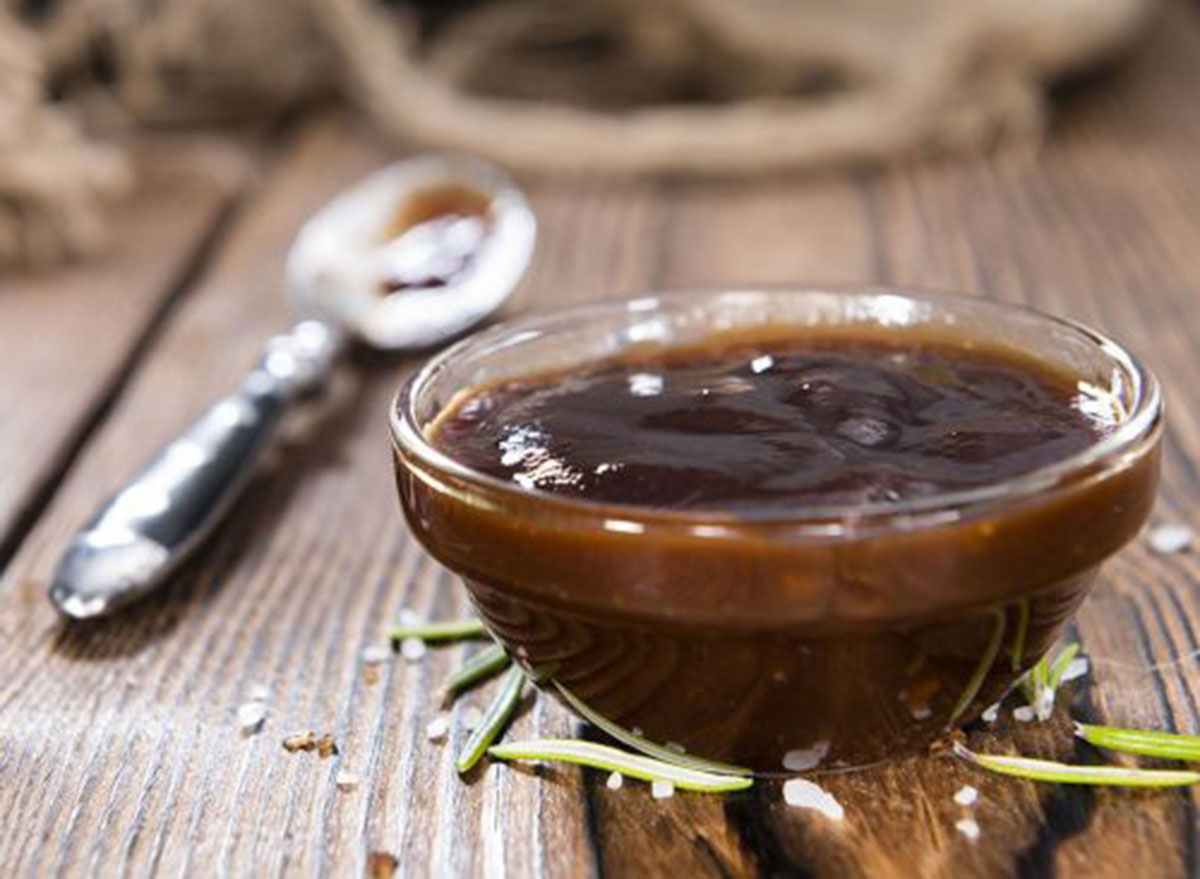
Like ketchup, barbecue sauce is another sneaky source of salt and sugar. In fact, barbecue sauce has even more sugar than ketchup—two tablespoons contain around 10 grams of sugar.
Mayonnaise
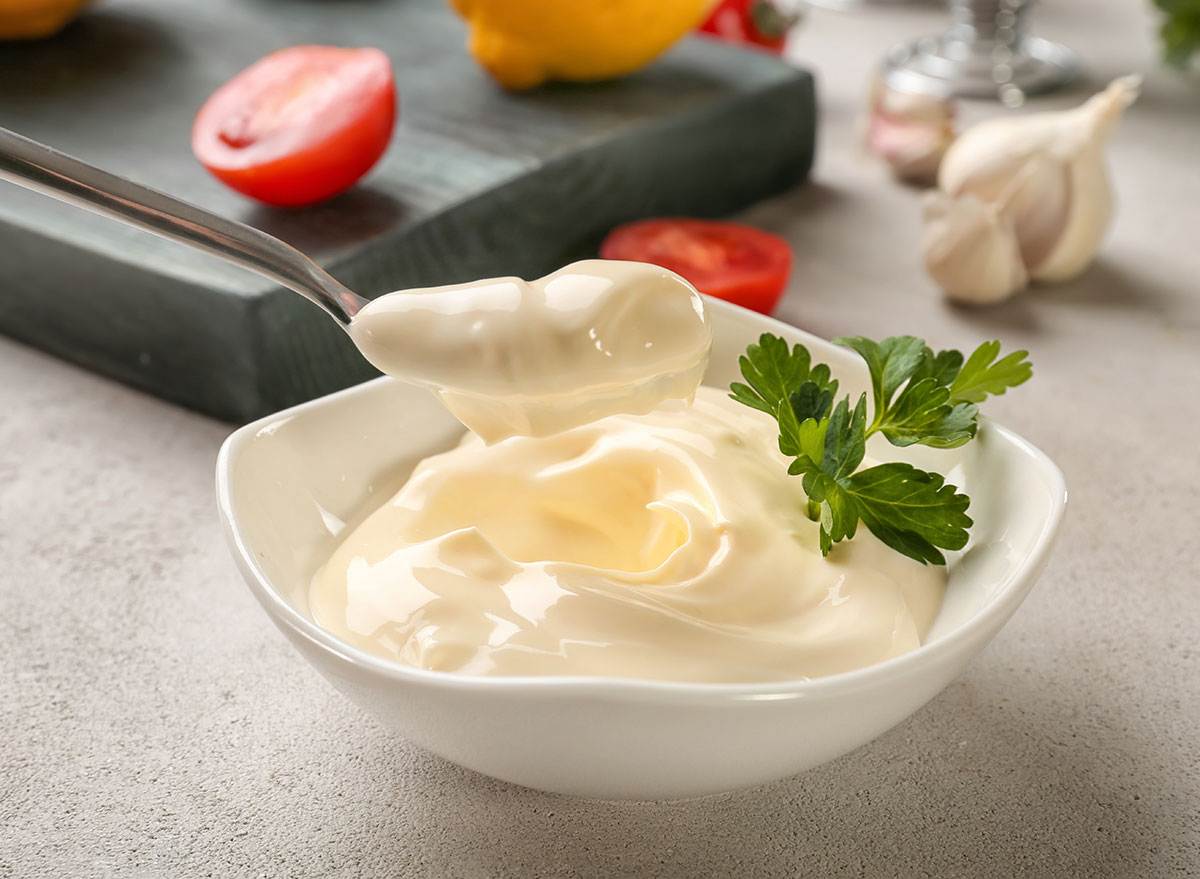
Mayonnaise is high in fat, salt, and calories; there are about 100 calories in one tablespoon alone. (We can think of so many better ways to consume 100 calories.) Luckily, there are plenty of healthy and delicious alternatives, such as avocado, Greek yogurt, and olive oil.
Soy Sauce
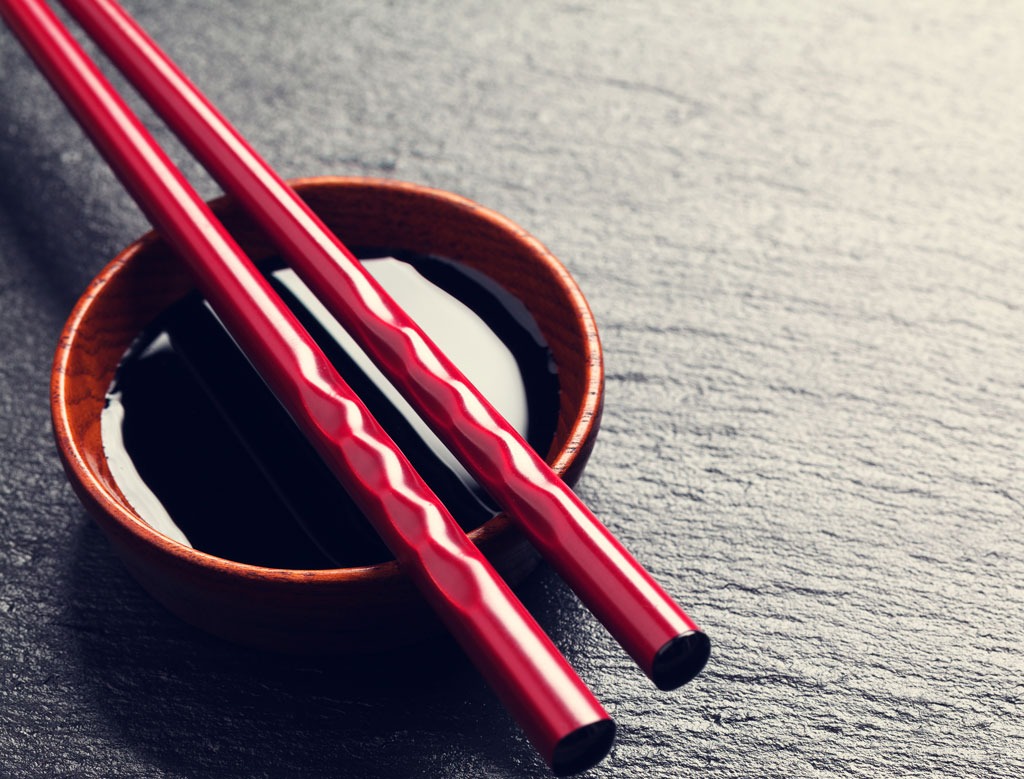
Soy sauce doesn't have any calories or carbs and is a favorite condiment for WW "Blue" plan members because it's zero points. But "it's pure salt," says Young. "One tablespoon contains around 40% of the suggested daily value for consumption." And most of us are consuming more than one tablespoon of soy sauce at a time, she points out.
Teriyaki Sauce
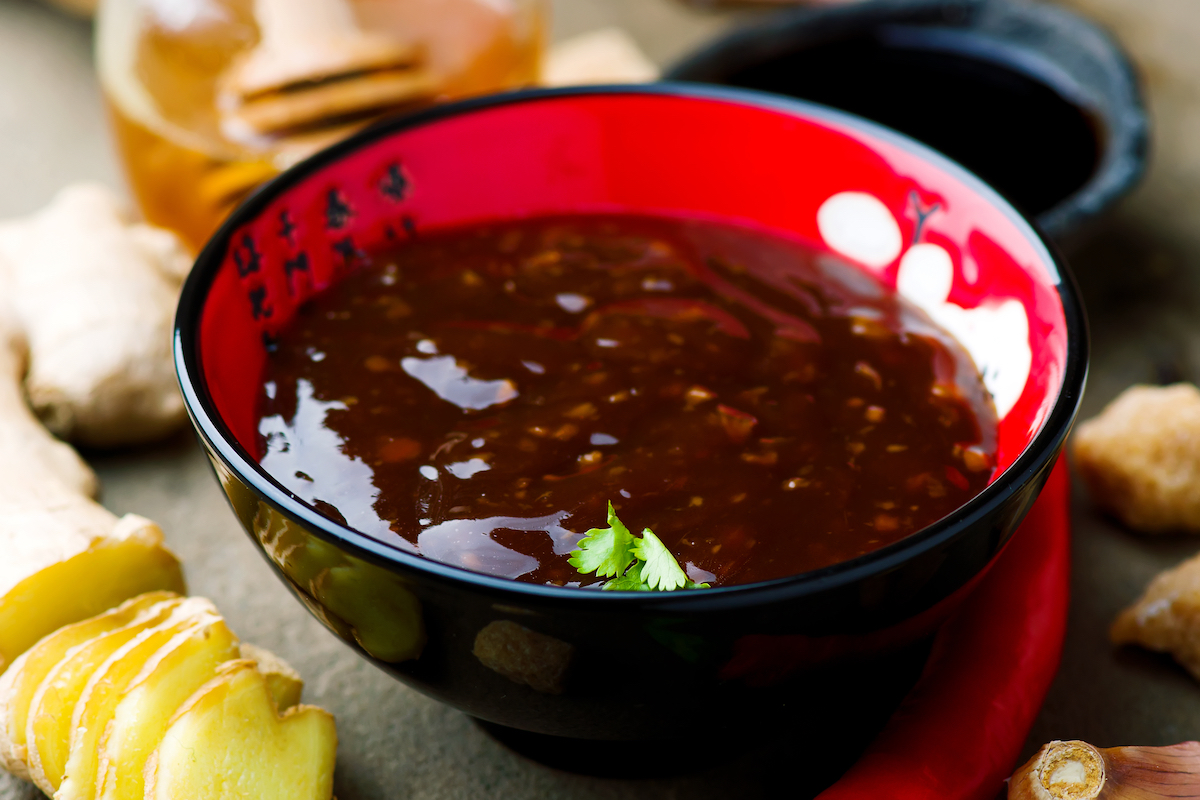
Teriyaki sauce is also high in salt, unfortunately. Consume it in moderation.
Sour Cream
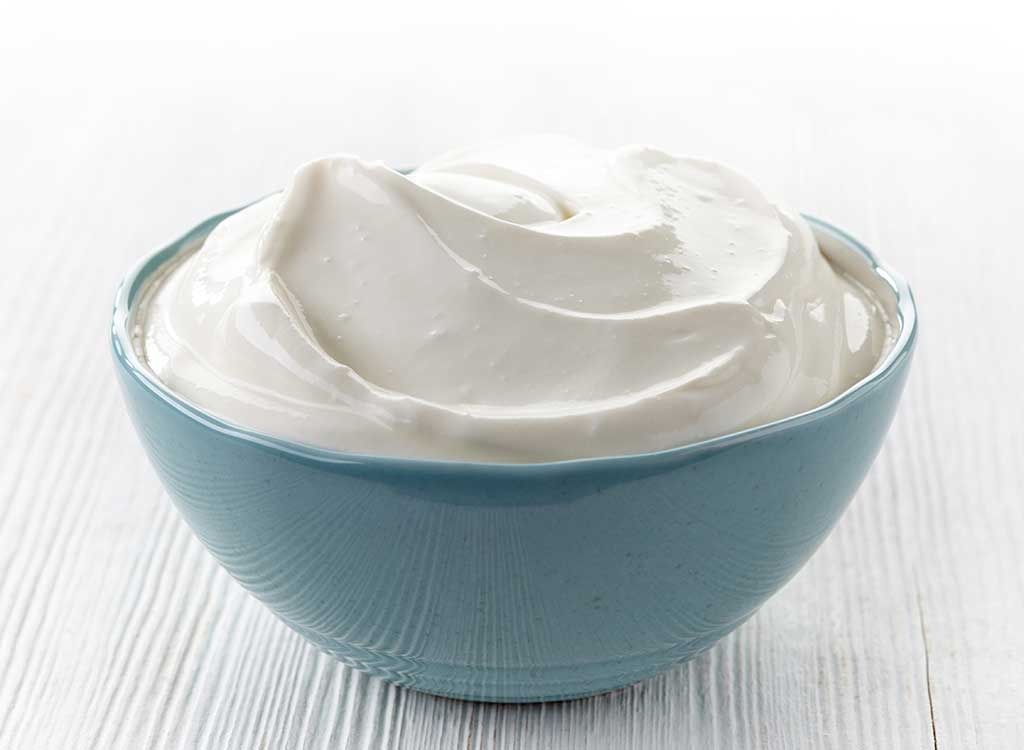
Not only does sour cream add calories to your quesadillas and baked potatoes, but it's also high in LDL cholesterol (in other words, the bad kind). It's high in saturated fat, too.
Syrup
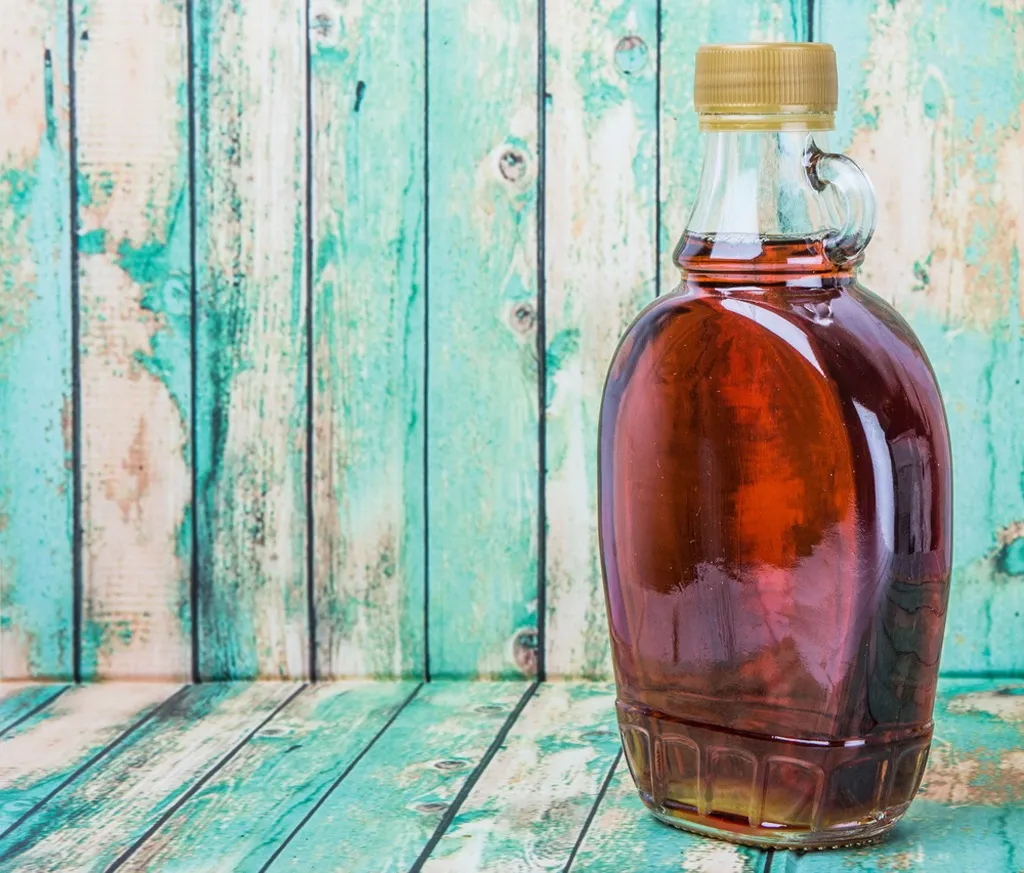
Most of us associate flapjacks and waffles with maple syrup. But did you know most store-bought pancake syrup doesn't actually have maple in it? The main ingredient is often corn syrup and/or high fructose corn syrup! A dash of real maple syrup is best, but as with most foods, it should be consumed in moderation.
Honey Mustard
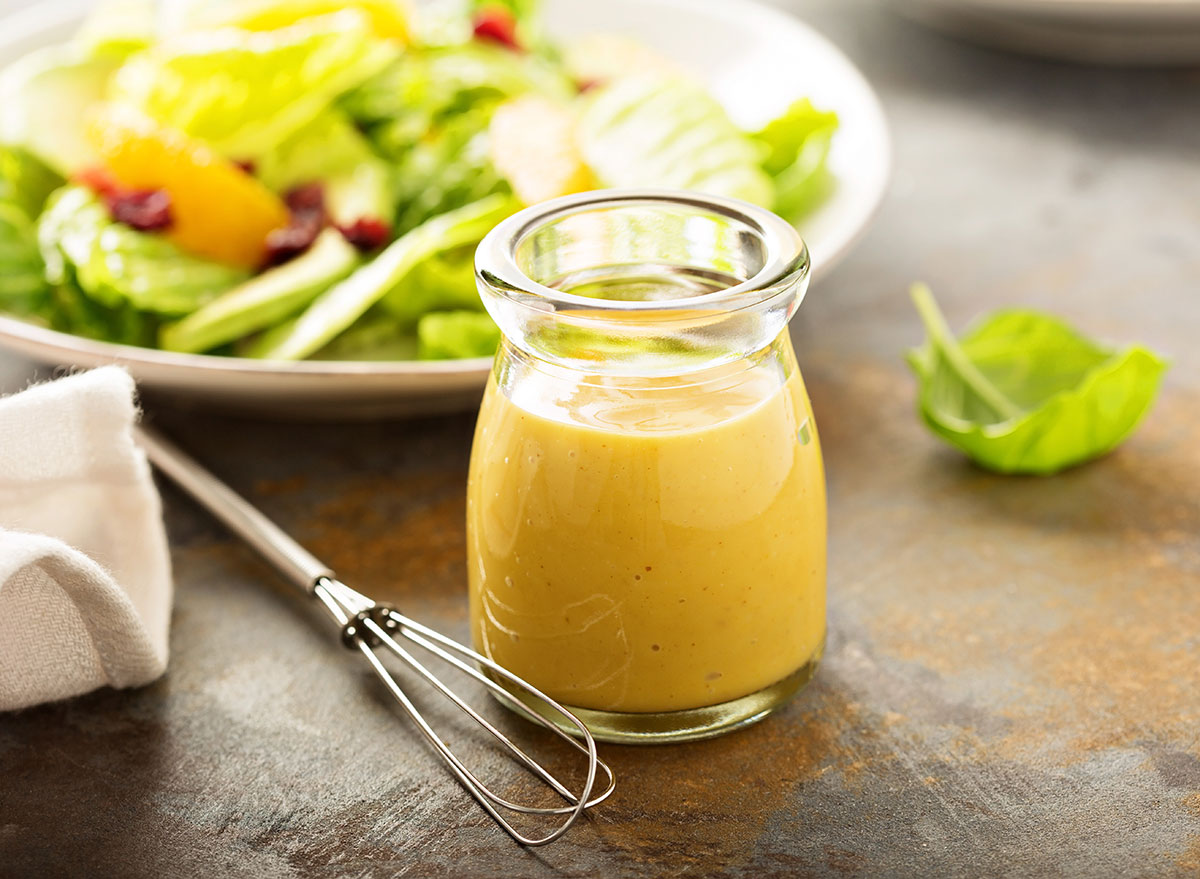
Unlike its yellow counterpart, honey mustard contains sugar. It has honey in it, after all! It can also be high in fat. Between the two, yellow mustard is the healthier choice, though it still contains quite a bit of salt.
Jelly
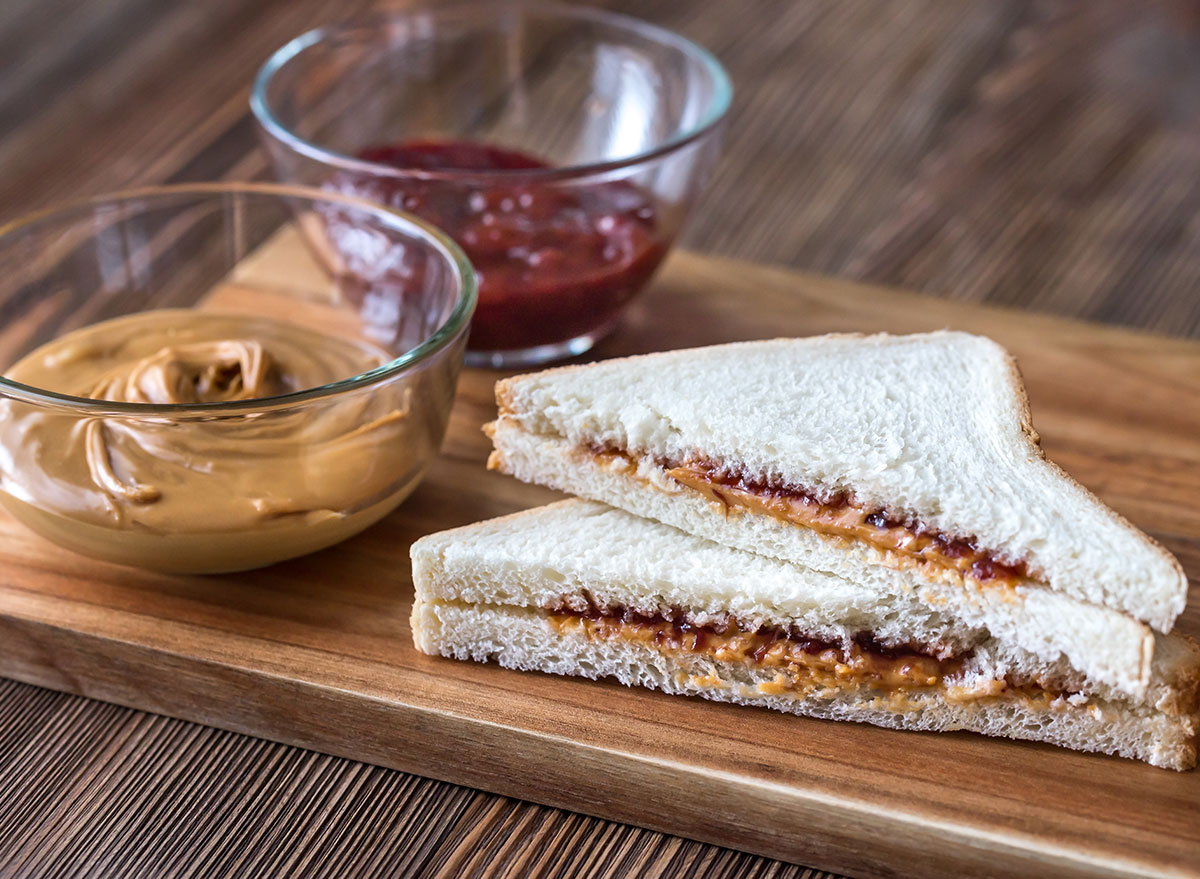
"This is pure sugar unless it's made with real fruit or you make it yourself," says Young. When shopping for jelly, read the nutrition labels carefully; many varieties largely consist of high fructose corn syrup.
Store-Bought Salad Dressings
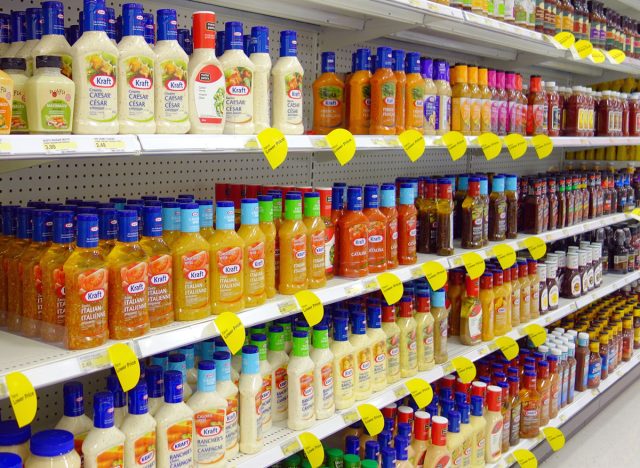
Store-bought salad dressings—especially the creamy varieties—are rarely healthy, explains Young. "These are also full of salt and oftentimes sugar," she says Alternatively, she suggests making homemade salad dressing with olive oil, vinegar, and lemon.
And if you're looking for some better-for-you choices, don't miss The Best and Worst Condiments.

